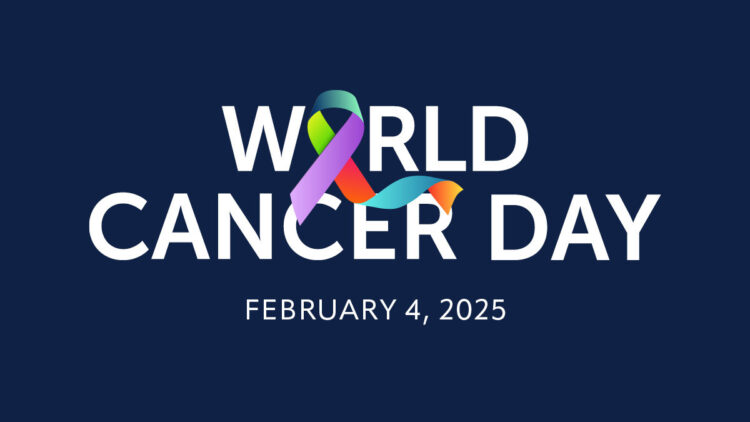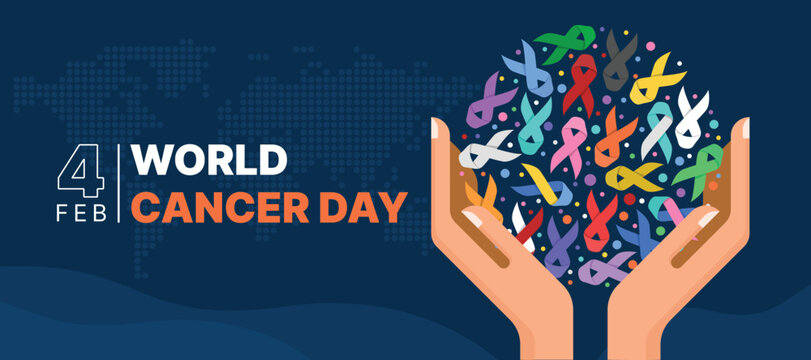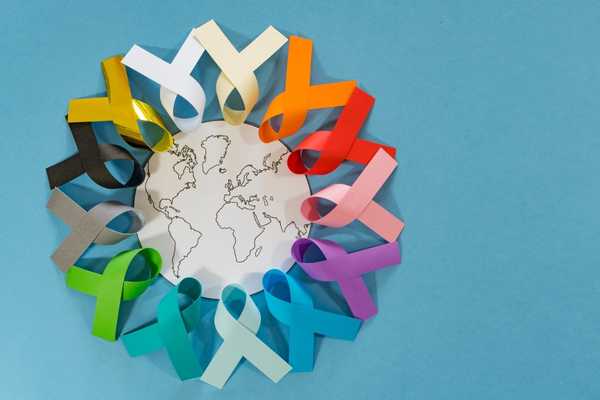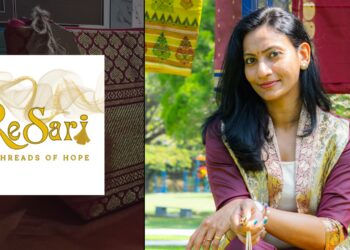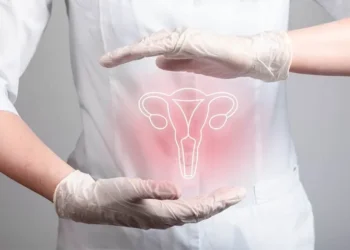Every year on February 4th, the world unites to observe World Cancer Day, a global initiative led by the Union for International Cancer Control (UICC). In 2025, the theme “United by Unique” highlights the power of diversity in the fight against cancer, emphasizing that every individual’s story, experience, and contribution play a crucial role in shaping a more inclusive and effective response to the disease.
The National Cancer Society Malaysia (NCSM) is the country’s first non-profit cancer organization, founded in 1966. Committed to providing education, care, and support, NCSM serves cancer patients, caregivers, and the public through its various initiatives.
Dr. Ruthresh Rao Subramanyan, Assistant Medical Director at NCSM, shared valuable insights on the topic. He oversees two key pillars within the organization, with a primary focus on public health, cancer diagnostics, psychosocial support, and policy-making—all aimed at improving cancer care and awareness in Malaysia.
Common Types of Cancer Affecting the Malaysian Indian Community
When asked about the most prevalent cancers affecting the Malaysian Indian community, Dr. Ruthresh shared insights based on the Malaysia National Cancer Registry Report (MNCRR):
- Colorectal Cancer: The age-standardised incidence rate (ASR) for colorectal cancer among Malaysian Indians is 17.55 per 100,000 population. This is lower than the incidence among Chinese (27.35) but slightly lower than Malays (18.95).
- Breast Cancer: Breast cancer remains the leading cancer among Indian women. According to the MNCRR 2012-2016, it accounted for a significant proportion of cancer cases in the community, with an ASR of 47.4 per 100,000 population.
- Oral Cancer: The Indian community in Malaysia has a higher incidence of oral cancer, largely due to cultural practices such as betel quid chewing. The MNCRR 2007-2011 reported that oral cancer was more prevalent among Indians compared to other ethnic groups, with an ASR of 6.6 per 100,000 population.
Key Risk Factors Contributing to Cancer in the Malaysian Indian Community
The Indian community in Malaysia faces several key risk factors that contribute to cancer, primarily linked to:
- Lifestyle and dietary Habits
One of the major concerns is the chewing of betel quid (paan) and tobacco, which significantly increases the risk of oral and throat cancer. Additionally, a high intake of red meat and processed foods has been associated with a greater likelihood of colorectal cancer. Dietary patterns that include low fiber and high-fat consumption also contribute to the development of colon and breast cancer. Furthermore, alcohol consumption has been identified as a significant risk factor, increasing the chances of developing liver and colorectal cancer. These factors highlight the importance of raising awareness and promoting healthier lifestyle choices within the community to reduce cancer risks.
- Genetic and Environmental Factors
Genetic and environmental factors play a significant role in the cancer risk among the Malaysian Indian community. A family history of cancer is particularly linked to higher risks of breast and colorectal cancers. Chronic infections, such as Helicobacter pylori (H. pylori) for stomach cancer, Human Papillomavirus (HPV) for cervical cancer, and Hepatitis B for liver cancer, are also common risk factors. Additionally, obesity and a sedentary lifestyle increase the risk for cancers such as breast, colorectal, and endometrial cancers. Smoking habits among Indian men are strongly associated with lung, oral, and esophageal cancers, while passive smoking is a notable risk factor for lung and breast cancer in women.
Cancer Trends in the Indian Community
When asked about the trend of cancer in the Indian community, Dr. Ruthresh noted that the patterns vary depending on the type of cancer:
- Colorectal and Breast Cancer: These cancers have been on the rise, primarily due to lifestyle factors and delayed screenings.
- Oral Cancer: The incidence remains steady, but it is still a concern due to the continued use of betel quid.
- Lung Cancer: While the incidence is gradually decreasing in certain areas, thanks to anti-smoking campaigns, it remains high among the older population.
- Cervical Cancer: The prevalence has declined, largely due to the efforts of HPV vaccination, although the uptake of screening remains low.
Overall, cancer cases within the Indian community have risen over the years, largely due to lifestyle habits, dietary changes, and late-stage diagnoses. However, with increased awareness, enhanced screening programs, and ongoing vaccination efforts, there is potential to reverse these trends.

Cancer continues to be a significant health challenge within the Malaysian Indian community, with key risk factors such as lifestyle habits, dietary choices, and genetic influences contributing to the rising incidence of certain cancers. The importance of early detection, regular screenings, and lifestyle changes cannot be overstated. While progress has been made in areas such as cervical cancer prevention through HPV vaccination and anti-smoking campaigns, more awareness is needed to reduce the impact of cancers like colorectal, oral, and breast cancer.
World Cancer Day serves as a powerful reminder that awareness is critical, and everyone, regardless of their background or circumstances, should have access to the knowledge and resources necessary to prevent, detect, and treat cancer. By coming together as a community and supporting each other, we can create a future where cancer care is more accessible, and the burden of cancer is reduced for all.
If you have any questions about cancer or need support, you can reach out to the National Cancer Society Malaysia at 1-800-88-1000 or via email at help@cancer.org.my.
All the information are provided by Dr Ruthresh from National Cancer Society Malaysia.
This is a Varnam Exclusive Feature! Any Reproduction Requires Credits To Varnam Malaysia.
Follow us on Instagram, Facebook or Telegram for more updates and breaking news.


